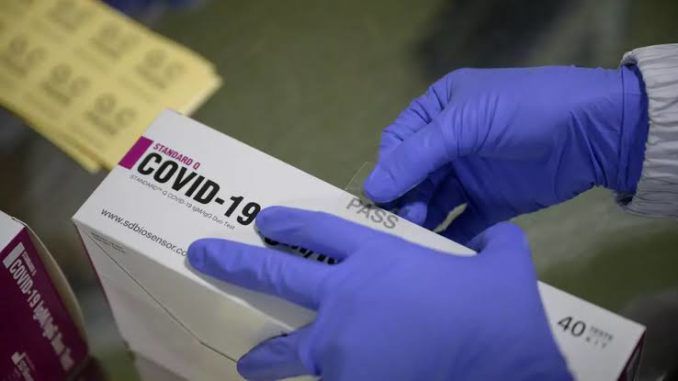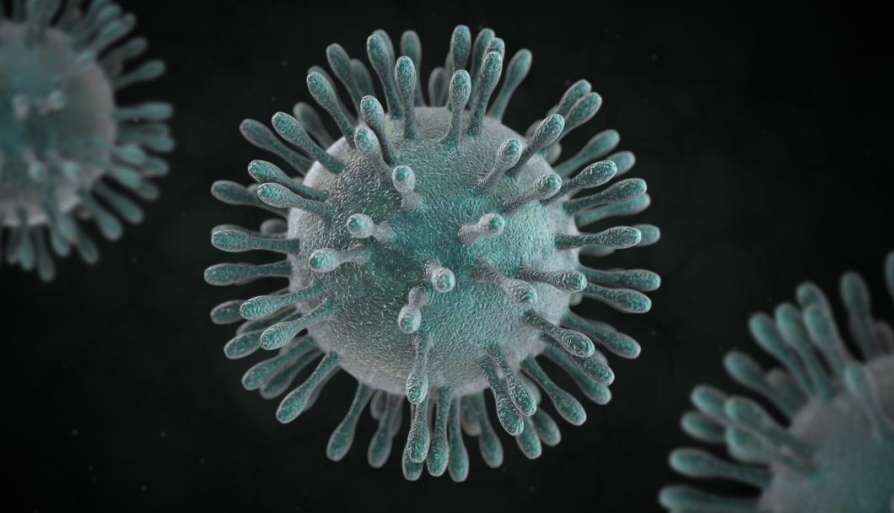
President Cyril Ramaphosa has introduced new coronavirus restrictions to help the country curb the spread of the virus and save lives as it battles a third wave of the pandemic.
In a televised address to the nation, Ramaphosa said that country is battling the Delta variant which was first detected in India. The variant has spread extremely quickly since its discovery and has now entered 85 countries. It has been found to be highly transmissible due to several mutations in the virus. The Delta variant shows as yet no signs of disease severity but there is a risk of reinfection.
“What we are seeing is that the existing containment measures in place are not enough to cope with the speed and the scale of the infections we are experiencing under this third wave,” said Ramaphosa.
Ramaphosa said that due to a rising number of infections, his cabinet has decided to move the country to Alert Level 4, which involves harsher lockdown restrictions including a nightly curfew that will start at 9 p.m. and end at 4 a.m. Previously, under Alert Level 2, the curfew started at 10 p.m. and ended at 4 am
– The president also said that the consumption and sell of alcohol is strictly forbidden. South Africa has had three alcohol sales bans since the country went into its first lockdown in March last year. The first ban was lifted in June, but a second followed in July amid South Africa’s first Covid-19 wave. When the second wave hit – fuelled by a more contagious variant – a third ban was imposed at the end of December last year.
– Ramaphosa said that due to the increase in infections, all gatherings will be prohibited.
– Funerals and cremations are permitted, but attendance may not exceed 50 people and all social distancing and health protocols must be observed.
– Travelling to and from Gauteng for leisure will be prohibited, but other travelling and transport of goods and services will continue.
– It was also proposed that restaurants only be allowed to do take-aways, while public spaces, like parks, sports grounds, etc, be closed.
– Wearing a cloth mask or similar covering over the nose and mouth is mandatory when in public. Any person who does not wear a mask in a public place will be committing an offence.
– All public and private schools will close early for the winter break. Schools will start to close from Wednesday, 30 June.
The restrictions will be in place for 14 days.
Gauteng is currently the epicentre of the Covid-19 pandemic, recording the highest cases daily. As of 27 June, South Africa has recorded 1,913,861 confirmed cases of Covid-19, of which 59,778 proved fatal and 1,702,070 resulted in recovery.

